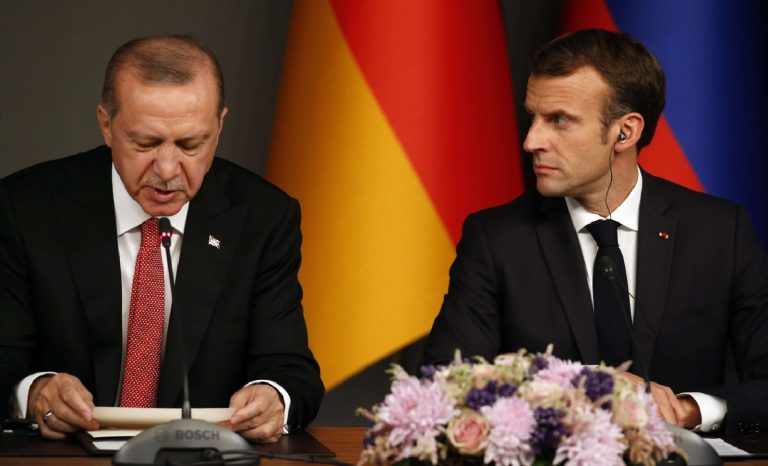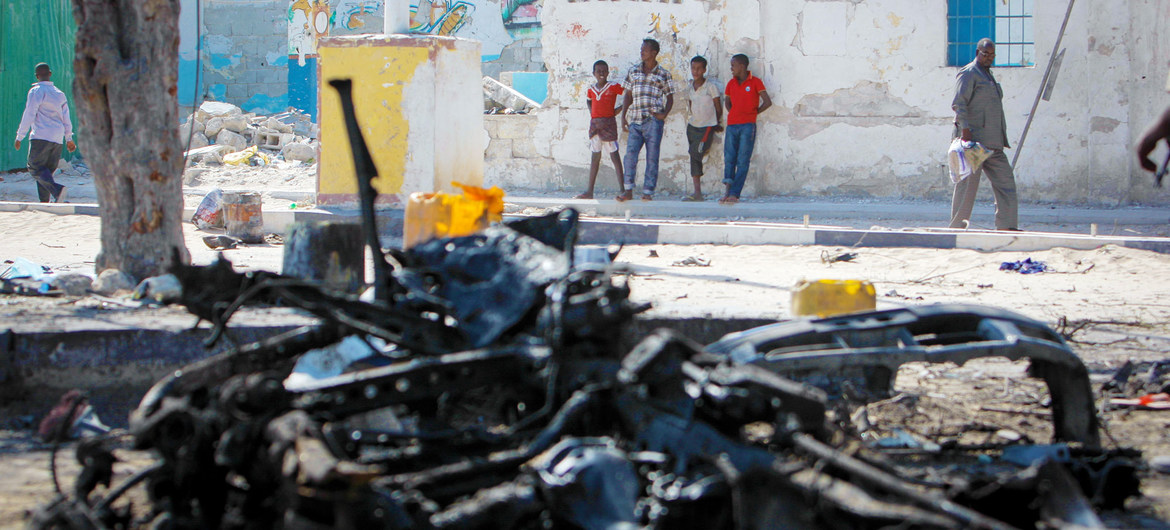Enquête: qui sont les Turcs en France?

Depuis la signature de la “convention de main-d’œuvre entre la France et la Turquie” en 1965, la diaspora turque n’a fait que s’amplifier en France pour atteindre les 700 000 personnes en 2020. La religion (islam) et l’attachement au pays d’origine (turcité) sont les caractéristiques de cette immigration. La communauté turque est marquée par une endogamie très forte.


